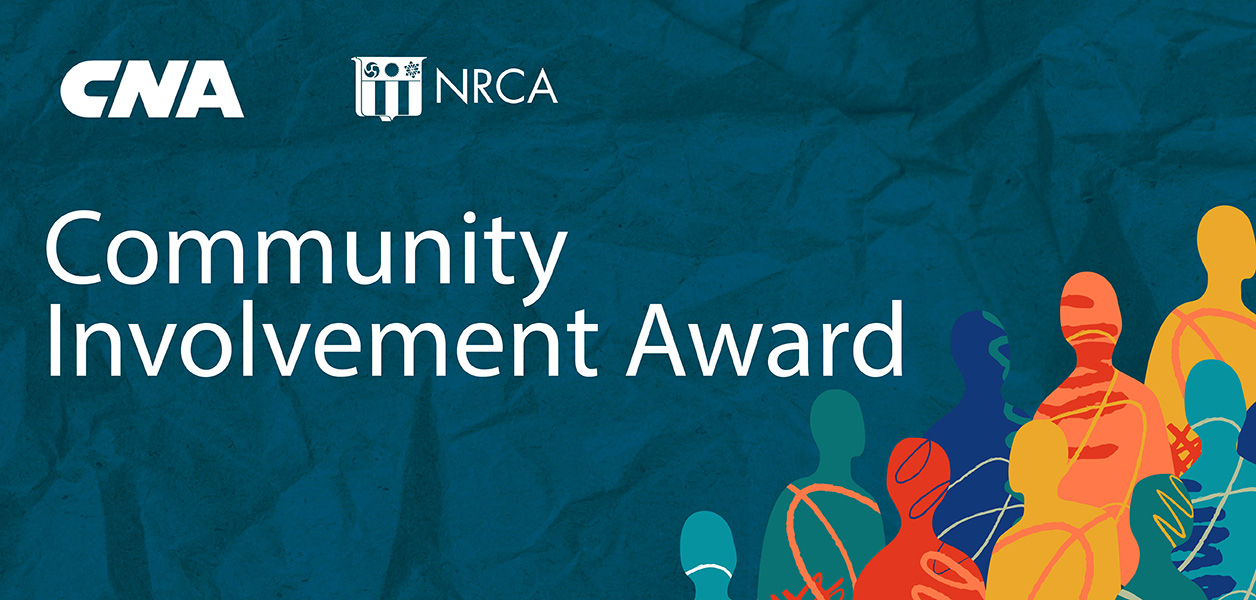It is no surprise listening is ranked as the most important oral communication skill in the workplace. When leaders listen well, employees feel valued and engaged, are more satisfied with their job and report greater levels of psychological safety, according to Harvard Business Review.
Harvard Business Review shares the following techniques to help you become a better listener.
- Listen until the end. It is crucial to be fully present when you are listening. When someone else is talking, people often plan what to say while the other person is still speaking or interrupt with a solution or similar story. If you find you are prone to this behavior, pause and remind yourself to listen until the end. Once the other person finishes, take a moment to think about what you have heard before responding. The person you are listening to will likely appreciate a slower, more thoughtful response.
- Listen to summarize—not solve. Are you listening to solve or to understand? It can be tempting for leaders to try to solve every problem, but it is important to first focus on understanding the big picture. When the other person has finished speaking, reflect on what you have heard and summarize what they said to confirm you understand them correctly. If you get it wrong, this gives the individual an opportunity to clarify.
- Listen for the relationship and the content. Listening involves your connection with the other person (relationship) and the information he or she is communicating (content). Many people tend to lean toward one of those when listening, so it is important to find a balance. Listen with empathy and understanding to build trust in the relationship, but be ready to ask tough questions and discuss next steps regarding the content.
- Listen for values. When someone is talking to you, it is a chance to learn more about and understand what is important to the individual. This involves building your intuition and perception skills when listening. Understanding how people’s values affect their behavior in the workplace can be an amazing leadership skill because values often influence what situations we perceive as challenging and how we respond to them. If you understand how and why your direct reports might respond to a situation, you can use that insight to help them solve problems and be successful.





